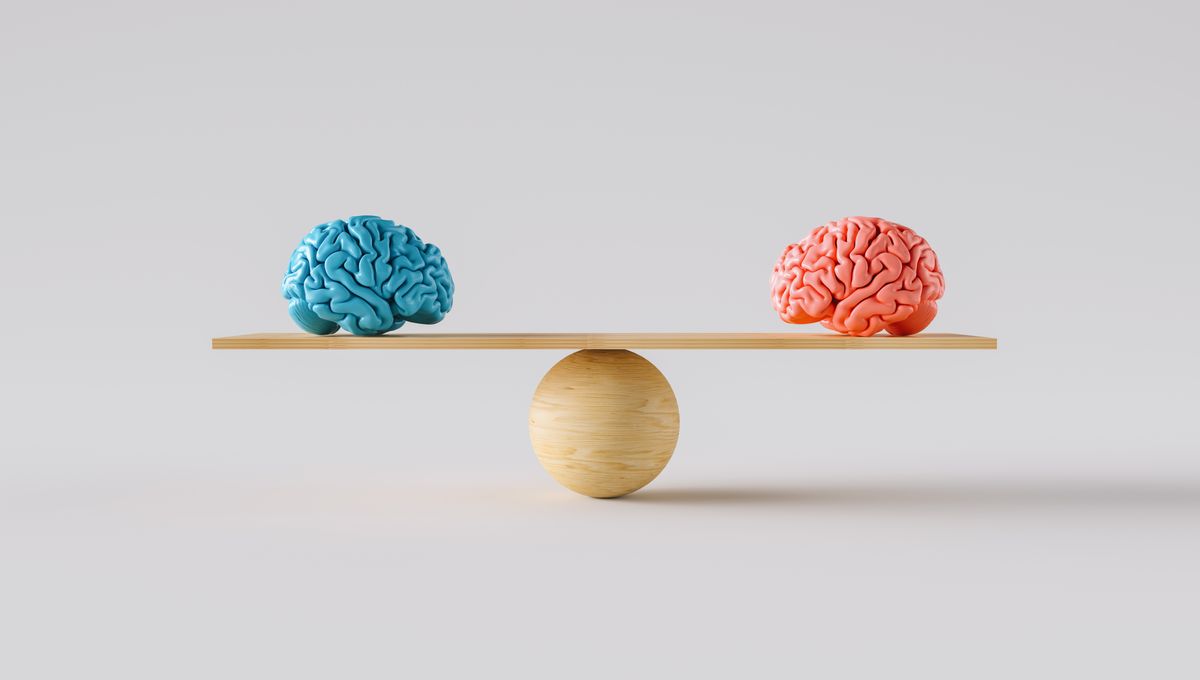
Analysis of brain scan data from 4,757 children has revealed new insights into how sex and gender influence the human brain. The study team concluded that when it comes to how the brain is wired, sex and gender are two distinct things. In the past, there’s been too much of a focus on sex, they say, and gender has not been accounted for – something that future scientific studies should correct.
“Sex and gender have traditionally been conflated in research when they should have been studied separately,” said lead author Dr Elvisha Dhamala, an assistant professor at the Feinstein Institutes for Medical Research, in a statement.
Countless studies over many years have sought to unpick the complex interplay between sex, gender, and how our brains work. Equally, discussions around gender identity and how someone’s gender may impact their health and behavior, whether or not it diverges from their biological sex, have become increasingly fraught.
Seeking to better understand the neurobiology behind sex and gender in children, Dhamala and colleagues at the University of Pennsylvania, the National University of Singapore, and Rutgers University turned to data collected as part of the largest long-term study of brain development in the US – the Adolescent Brain Cognitive Development (ABCD) Study.
Functional magnetic resonance imaging (fMRI) data were collected when the children were aged between 9 and 10. The cohort was split roughly evenly between children assigned male and female sex at birth, and information about the kids’ gender identity was obtained from questionnaires completed by their parents.
The data revealed unique and overlapping brain connectivity networks associated with sex and gender. Sex was found to be mostly associated with motor, visual, control, and limbic networks. Gender, on the other hand, was distributed more widely throughout the brain. According to these results, sex and gender are separate concepts, even when it comes down to the interplay between different brain regions.
The data collection methods do present some limitations, which commentators on the study have highlighted.
“The children looked at are all very similar age – with imaging collected when they are aged 9 or 10 and the gender and self report gender being recorded a year later,” said Professor of Digital Health and of Medical Imaging Science Derek Hill, who was not involved in the work, in a statement to Science Media Centre. “It isn’t at all clear whether the results presented here would translate to children of other ages.”
Dr Anne-Lise Goddings, a Clinical Academic Consultant in Paediatrics and Adolescent Health, also called for caution in interpreting the results. “It’s crucial when interpreting this study to contextualise that this ‘gender’ measure focuses mainly on how much parents report their children engaged in stereotypical ‘gendered’ play,” Dr Goddings told Science Media Centre, referring to the gender expression questions parents were asked.
Importantly, the study cannot answer the age-old conundrum of whether there’s something innately different about male and female brains. “Nothing in our work establishes any aspect of causality,” Dhamala told Science, noting that the differences they observed could arise from the often very different social and environmental cues that male and female kids are exposed to.
Questions around how sex and gender present within the brain remain timely and important, not least because of clearly observable differences in susceptibility to different neurological and psychiatric disorders between the sexes. If, as this study suggests, the influence of gender is far-reaching within the brain, and distinct from the influence of sex, it is important that future research takes this into account.
“This research sheds light on the complex and nuanced ways in which biological and environmental factors influence brain organization,” said Dhamala, “and shows the need to consider a person’s sex and gender to fully understand health and disease across the human lifespan.”
The study is published in Science Advances.
Source Link: Sex And Gender Operate Differently In The Brain, Finds Study Of Nearly 5,000 Kids